News
News from overseas: Mastermind of lottery fraud admits he rigged jackpots
A man who helped write the computer code behind several U.S. lotteries, including some of its biggest, pleaded guilty last month to masterminding a scheme through which he rigged the winning numbers for jackpots in several states and collected millions of dollars.
Eddie Tipton, who worked for the Multi-State Lottery Association from 2003 until 2015 and was its computer information security director for his last two years there, appeared in a Des Moines courtroom, where he pleaded guilty to one count of ongoing criminal conduct and publicly acknowledged his lead role in the scheme for the first time.
“I wrote software that included code that allowed me to understand or technically predict winning numbers, and I gave those numbers to other individuals who then won the lottery and shared the winnings with me,” said Tipton.
Tipton, 54, said that when he wrote the code, he believed he was taking advantage of a loophole in the random number software and he didn’t think it was illegal.
Investigators say Tipton installed code that let the computers work as should on all but three days of the year — May 27, Nov. 22 and Dec. 29 — when they would produce predictable numbers if the drawings occurred on Wednesdays or Saturdays after 8 p.m.
Tipton admitted in court that he provided cohorts with the winning numbers for jackpots in Colorado in 2005, Wisconsin in December of 2007, Kansas in December of 2010 and Oklahoma in 2011.
The group, which included Tipton’s brother Tommy Tipton and a friend, Texas businessman Robert Rhodes, also attempted to collect a $16.5 million Hot Lotto ticket in December 2010 in Iowa, but Iowa lottery officials refused to pay it because the men tried to cash it anonymously. Iowa rules require the buyer and owner of the ticket to be made public.
That led to an investigation into a potential lottery fraud. Once Tipton was identified as a possible suspect, investigators began checking for connections to other winning games and zeroed in on winnings connected to Tipton, his brother, and Rhodes in the other states.
Tipton’s plea deal resolves his legal situation in all of the affected states. He could get up to 25 years in prison when he’s sentenced. A date hasn’t been set and he remains free on bond.
Immediately after Tipton’s hearing, his brother pleaded guilty to charges of conspiracy to commit theft by deception.
“My brother did provide me with numbers to play in Colorado and Oklahoma lotteries and he told me that it was illegal for him to play the lotteries but gave me the numbers to play,” Tommy Tipton said.
Tipton, a 53-year-old former Texas magistrate judge and a law enforcement officer, said he’s now unemployed and must sell part of his farm to pay the $800,000 in restitution that the judge ordered.
“That is financially effectively going to more than wipe him out,” said his attorney, Mark Weinhardt. “Mr. Eddie Tipton does not have the resources to satisfy restitution in any meaningful degree. Mr. Tommy Tipton does and this will effectively take all of his assets.”
Rob Sand, the assistant state attorney general who prosecuted the case, said after the hearing that it appears much of the stolen money is gone.
“As is the case in many financial crimes, the individuals who obtain the money usually spend it, thereafter leaving only margins of it to be recovered later. I think were in better shape in this case than we are in many cases, though,” he said.
Sand said the scheme resulted in payouts of $2.2 million and he has demanded repayment through restitution from the Tipton brothers and Rhodes.
Rhodes, of Sugar Land, Texas, bought winning numbers for drawings in Colorado, Wisconsin, Iowa, Kansas, and Oklahoma between 2005 and 2011. He earlier pleaded guilty to being party to a computer crime and awaits sentencing.
Iowa Lottery CEO Terry Rich said information learned in the Tipton case has helped improve lottery security.
The scandal has led to a consumer fraud lawsuit against the Urbandale, Iowa-based Multi-State Lottery Association. The association serves lotteries in 33 states the District of Columbia, Puerto Rico and the U.S. Virgin Islands, and provides the computers used to randomly draw numbers in several games including Powerball, Mega Millions and Hot Lotto, among other games.
Sand said there’s a simple moral to the story: “Thou shall not steal,” he said. “I mean small steps down a darkened path can lead a long way for somebody from where they think they’re going to be from where they end up.”

News
THE EVOLUTION OF GAMBLING IN SWITZERLAND – FROM PROHIBITION TO A DIGITAL BOOM

Switzerland, renowned for its picturesque landscapes, exquisite chocolates, and financial prowess, is also home to a turbulent gambling landscape that has undergone significant changes throughout its history. Once considered immoral and prohibited on religious and social grounds, gambling in Switzerland is now steadily embracing change and adapting to modern times.
THE HISTORY OF SWISS BETTING
Over the centuries, the Swiss have dabbled in various forms of betting. The first Swiss casino opened in the 19th century, quickly establishing itself as a vital social and cultural hub. However, this golden era was short-lived, as just a month after the opulent Interlaken Casino’s debut in 1859, the Cantonal Government imposed a blanket ban on all forms of gambling.
Despite this prohibition, the Swiss ingeniously continued their gambling activities by wagering on a game known as “petits-chevaux”, involving miniature metal horses racing on a small circular track.
It wasn’t until the early 1990s that Switzerland began to slightly relax its gambling prohibitions, signaling a shift away from the long-standing moral stigma attached to gambling. Nonetheless, even with new legislation in place, the ban wasn’t fully overturned, allowing only limited-stakes casino gambling.
THE CURRENT SITUATION
As time progressed, the digital age brought forth online forms of betting, including sports betting, which led Swiss punters to spend substantial amounts abroad.
Motivated by both economic considerations and the rising number of gambling addicts, Swiss politicians decided it was time to modernize their outdated gambling regulations.
In January 2019, the Swiss government introduced a new Gaming Act that legalized online betting for the first time while blocking all foreign operators. The primary goals of the new gambling law were to enhance protection against gambling addiction and ensure a portion of gambling revenue was allocated for public welfare, all while adapting to the challenges of the digital era.
Consequently, Switzerland now boasts one of Europe’s strictest gambling regulatory frameworks, allowing only two public operators, Swisslos and Loterie Romande, to provide sports betting services. Similarly, online casino services are exclusively offered by licensed brick-and-mortar casinos.
To date, nearly 400 domains have been added to the official list of blacklisted sports betting operators, and Swiss telecommunication service providers automatically block these domains using DNS blocks.
While domain blocking is a deterrent measure, it has its limitations. Technologically adept punters can easily bypass these blocks using VPN clients. At the same time, blacklisted operators persistently seek ways to provide their services to Swiss customers, often resorting to frequent domain name changes.
With the surge of unregulated online betting in Switzerland, the need for reliable resources such as BookiesBonuses, which help Swiss punters navigate the complex betting landscape and discover the best betting options has never been more critical.
THE FUTURE OF GAMBLING IN SWITZERLAND
Switzerland’s gambling future remains uncertain due to stringent regulations that raise questions about their effectiveness and the pressing need for regulatory reforms that balance player protection with fostering a competitive and vibrant betting landscape.
While the intent behind these measures is to safeguard citizens, they have inadvertently limited options for Swiss punters. Consequently, a growing number of individuals have turned to international bookmakers known for providing a broader range of betting options, more competitive odds, and attractive bonuses.
In this ever-evolving industry, staying well informed about the latest developments, regulations, and the most reputable offshore bookmakers is crucial for those seeking the best sports betting experience. This knowledge empowers bettors to navigate the shifting Swiss betting scene and make well-informed decisions.
gaming
Disparities in Brazilian Gambling Market Expose Socioeconomic Inequities
The Brazilian gambling market is a dynamic and ever-growing industry that attracts individuals from various socioeconomic backgrounds.
However, a closer analysis of the market by ENV Media reveals significant disparities, highlighting how certain segments of society are overrepresented while others are underrepresented. This article examines the distribution of active real money gamblers across different household brackets in Brazil and sheds light on the underlying socioeconomic inequities that contribute to this phenomenon.
The Overrepresentation of A-Level Households
Comprising only 2.9% of Brazilian households, A-Level households surprisingly make up 12% of the Brazilian gambling market. This overrepresentation raises questions about the factors driving individuals from these households to engage in gambling activities more frequently compared to their counterparts in other socioeconomic groups.
It suggests that A-level households may have a higher disposable income or a greater inclination towards risk-taking behaviour, making them more prone to participating in gambling activities.
B1-B2 Households are Overrepresented yet Underrepresented
While B1-B2 households constitute 21.8% of the Brazilian population, they make up a striking 40% of active real money gamblers in the country. This disparity indicates that individuals from B1-B2 households are significantly overrepresented in the gambling market compared to their representation in the general population. It implies that this particular socioeconomic group might have easier access to gambling opportunities or possess higher discretionary income, allowing them to participate more actively in the industry.
C1-C2 Households Have Near Representation
In contrast to the overrepresentation of A-level and B1-B2 households, C1-C2 households demonstrate a nearly proportionate presence in the Brazilian gambling market. Comprising 47.4% of the Brazilian population, they account for 48% of active real money gamblers. This alignment between the population distribution and the gambling market participation suggests that individuals from C1-C2 households are engaging in gambling activities in line with their demographic representation.
Socioeconomic Factors at Play
The observed disparities in the Brazilian gambling market can be attributed to several underlying socioeconomic factors. A-level households, characterized by their higher income and potentially greater disposable wealth, may find gambling more accessible due to their financial resources. B1-B2 households, although overrepresented, may face financial constraints that prevent them from participating more actively. However, their higher representation could indicate the allure of gambling as a potential means to improve their economic situation.
The overrepresentation of certain socioeconomic groups in the Brazilian gambling market underscores existing inequalities within the country. It highlights disparities in income distribution, access to disposable income, and opportunities for upward mobility. Such imbalances can perpetuate a cycle of socioeconomic disadvantage, as individuals from lower socioeconomic backgrounds may be lured into gambling as a means to attain financial stability or escape their circumstances, further exacerbating their vulnerability.7JP
Addressing Socioeconomic Inequities
To address the disparities in the Brazilian gambling market and reduce socioeconomic inequities, a multifaceted approach is needed. Firstly, initiatives should focus on enhancing financial literacy and providing support to individuals from lower socioeconomic backgrounds, equipping them with the knowledge and tools to make informed decisions about gambling.
One aspect that ENV Media has been working hard on pushing through its new casino brand, 7JP.com, is to focus heavily on responsible gambling practices. According to ENV Media’s COO, Shane Hand, it’s of vital importance that any and all brands that enter the Brazilian market have this front of mind.
“Previously, we have worked extensively in the Indian gambling market and one thing that become very clear is that it is of utmost importance to safeguard players, especially those who fall into the lower wage earning brackets. These individuals are the most vulnerable to developing unsustainable gambling habits. It’s extremely important that brands considering entering the Brazilain market focus on promoting awareness campaigns and implementing stringent regulations to protect such people”
Conclusion
The overrepresentation of A-level and B1-B2 households in the Brazilian gambling market, coupled with the near-representation of C1-C2 households, sheds light on the socioeconomic inequities that persist within the country.
While A-level households and B1-B2 households are overrepresented, this indicates that certain socioeconomic factors, such as income and accessibility, play a role in shaping gambling behaviours.
Recognizing and addressing these disparities is crucial to fostering a more equitable society and ensuring that gambling remains a form of entertainment rather than a path to socioeconomic distress for vulnerable individuals.
News
RacingTV joins forces with 2mee

Affiliate powerhouse is allowing its operators to leverage the power of direct human messaging with trial campaigns hitting engagement rates of 38%
2mee, the Direct Human Messaging platform that helps online gambling companies take player communication and engagement to the next level, has joined forces with RacingTV so that the affiliate powerhouse can offer its technology to operators.
This means that online sportsbook brands working with RacingTV can create human hologram messages and use them to drive bettors to their sites.
RacingTV partners Bet Victor and SkyBet have been trialling the technology for several weeks now and across various campaigns have been able to achieve unrivalled rates of engagement and conversion.
One messaging campaign has performed particularly well with Bet Victor ambassador Harry Redknapp delivering a new player bonus offer which hit an engagement rate of 38% with his hologram message.
2mee’s patented technology allows gambling operators and affiliates to send Human Hologram Messages directly to customers in a way that demands their absolute attention.
It has been deployed by big-name brands such as BetFred and Sportsbet.io on their own websites and apps to leverage the power of emotional intelligence to boost acquisition and retention, and deliver KYC and compliance messaging with empathy.
Now operators can maximise their ambassadors and brand reach on third-party affiliate collateral as well.
2mee has been designed to do everything a volumetric studio can do but from a mobile phone. The user simply records the person delivering the message from any setting then 2mee recognises the face and cuts out the surrounding clutter, focusing the viewer on the person and the message.
James Riley, CEO of 2mee, said: “We are thrilled to be working with the innovative team at RacingTV and for its operator partners to be able to use our technology to send direct human messages to bettors. This really does allow them to stand out from the crowd and take engagement and conversion to the next level.
“Emotional marketing is absolutely the most effective way to engage and communicate with consumers and what better way of fostering this connection than via a face-to-face message. 2mee allows operators and affiliates to do just that.”
Clive Cottrell at RacingTV, added: “Quite frankly, we haven’t seen engagement and conversion rates like it. While running hologram campaigns, both BetVictor and SkyBet were our top-performing brands on the pages where the hologram messages were active.
“As an affiliate, this not only allows us to acquire increased volumes of new customers to our operator partners, but we too benefit from enhanced engagement, conversion rates and affiliate revenue streams.”
Luke Zgaga, Head of Acquisition UK at Bet Victor, said: “2mee’s value proposition through offering a unique human hologram message to prospects was exciting for us to test and exceeded our expectations. We saw strong results and far beyond the engagement levels we get with static image formats and look forward to working with them in the future.”
-

 Latest News3 months ago
Latest News3 months agoFairplay Exchange signs as new sponsor of Stephen Hendry’s Cue Tips
-

 Latest News3 months ago
Latest News3 months agoGods Reign Announces Groundbreaking Partnership with LG Electronics
-

 Latest News3 months ago
Latest News3 months agoEuropean Gaming Q1 2024 Meetup: Exploring Innovation, Marketing, and the iGaming Industry Hubs
-
Latest News3 months ago
Casino Crypto Giant Bitline Partners with Ciphertrace for Enhanced Compliance in Digital Asset Transactions
-

 Latest News3 months ago
Latest News3 months agoFrench Publisher TapNation tops Financial Times FT1000 list of Europe’s Leaders in Tech Media
-

 Latest News3 months ago
Latest News3 months agoPAGCor Says 188BET’s Return to the Philippines a Huge Vote of Confidence
-

 Latest News1 month ago
Latest News1 month agoStakelogic’s Slot and Live Casino Content is now live with L&L Europe
-

 Latest News3 months ago
Latest News3 months agoHölle Games Go Live on Bet-at-home.de







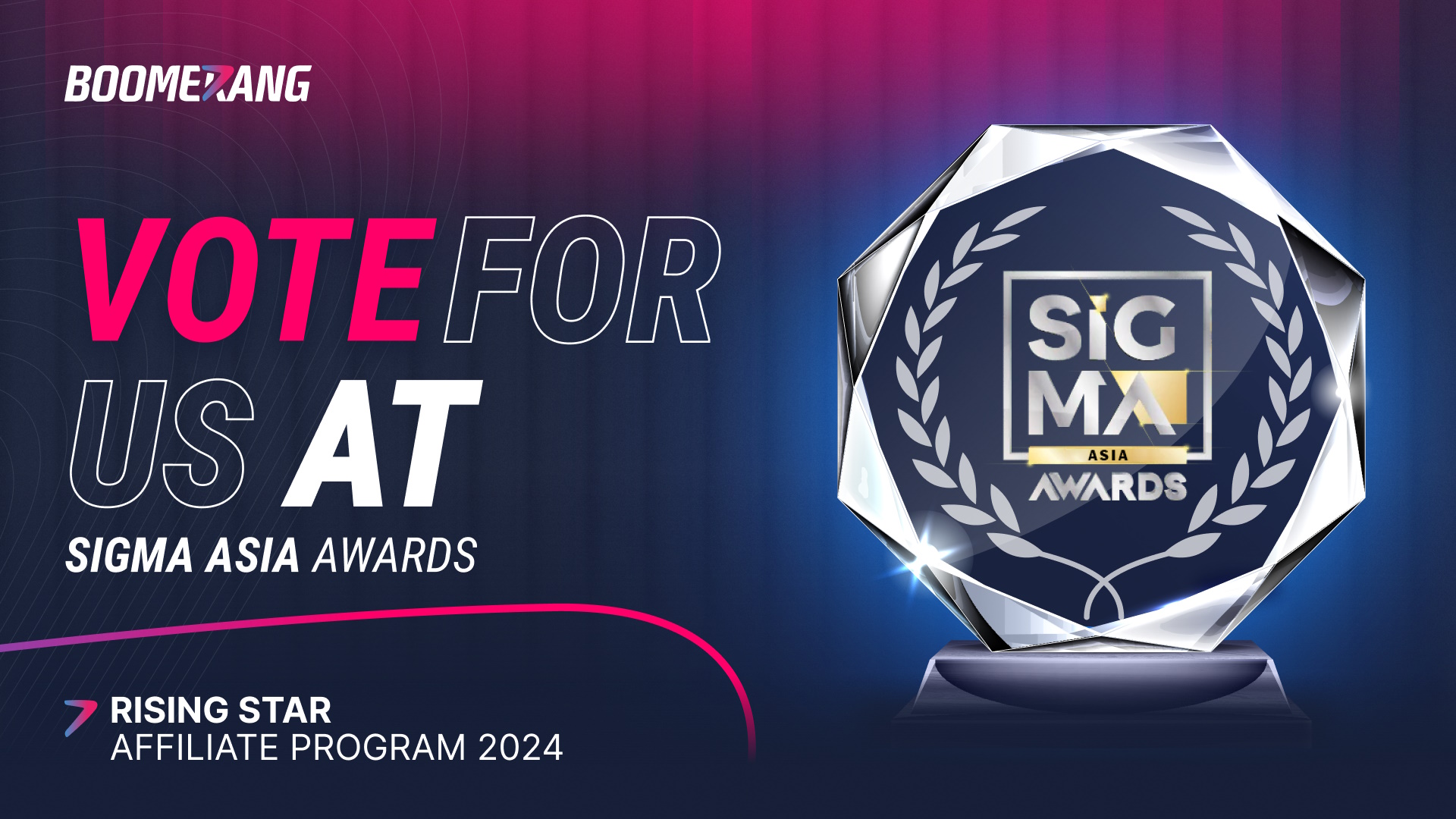
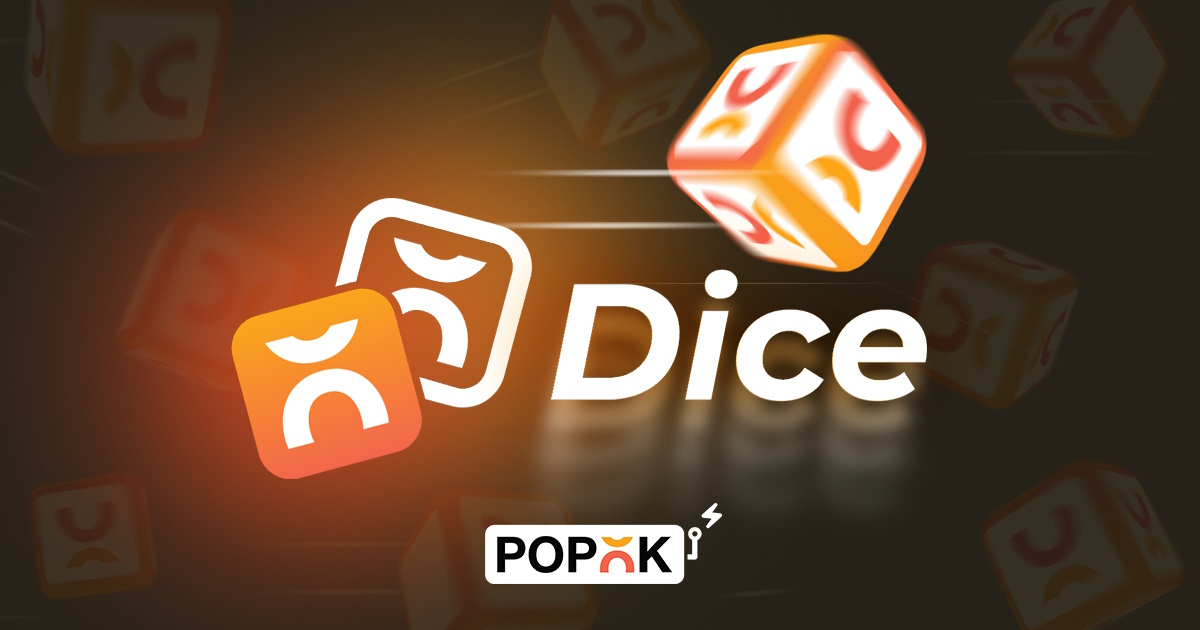

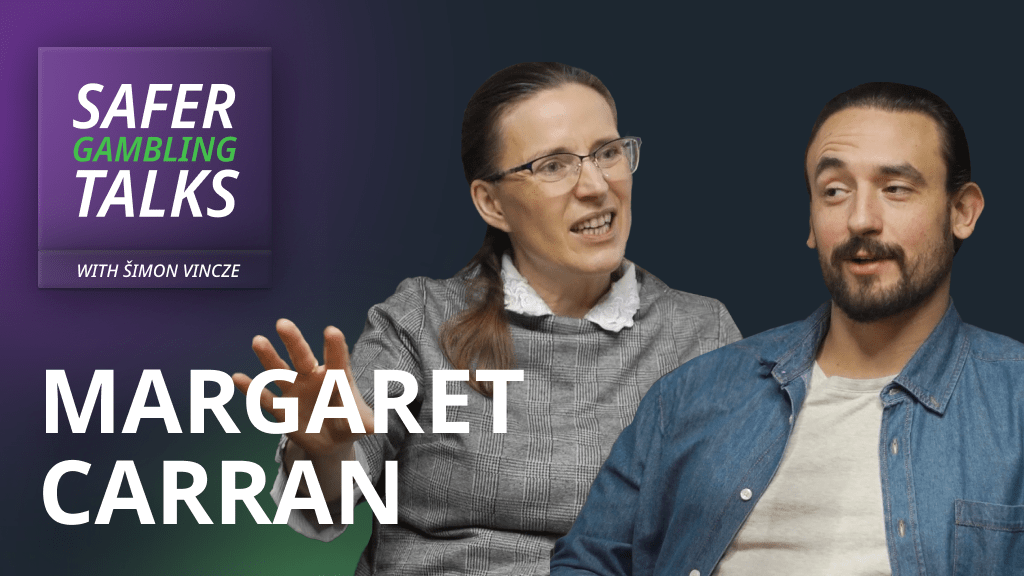
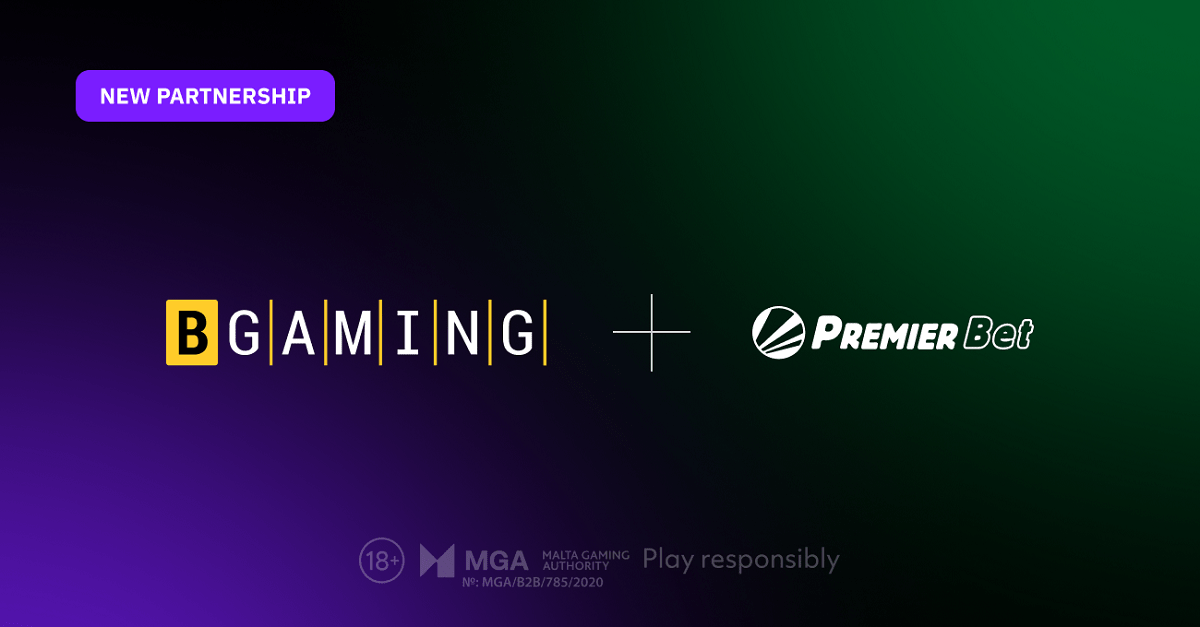




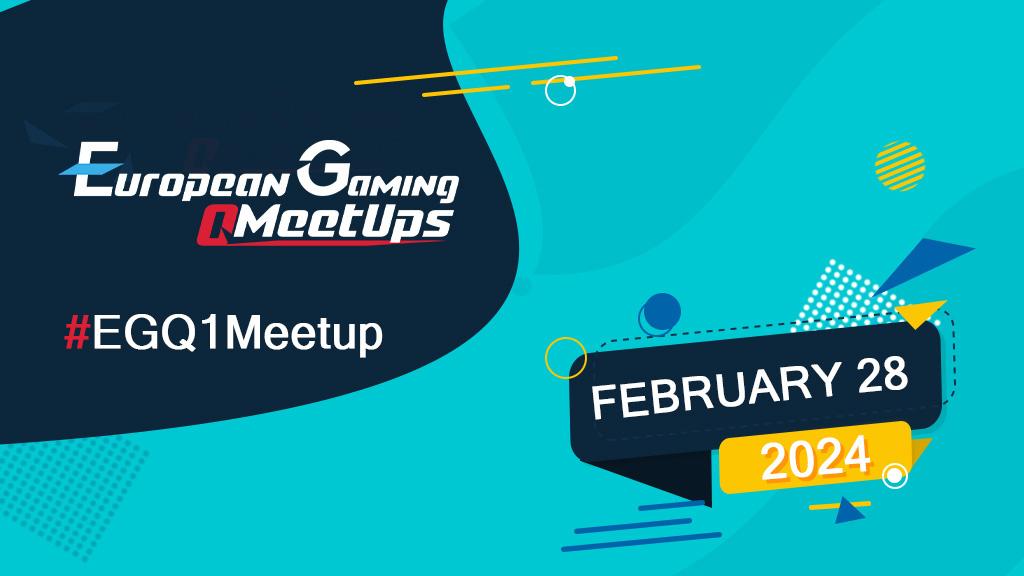

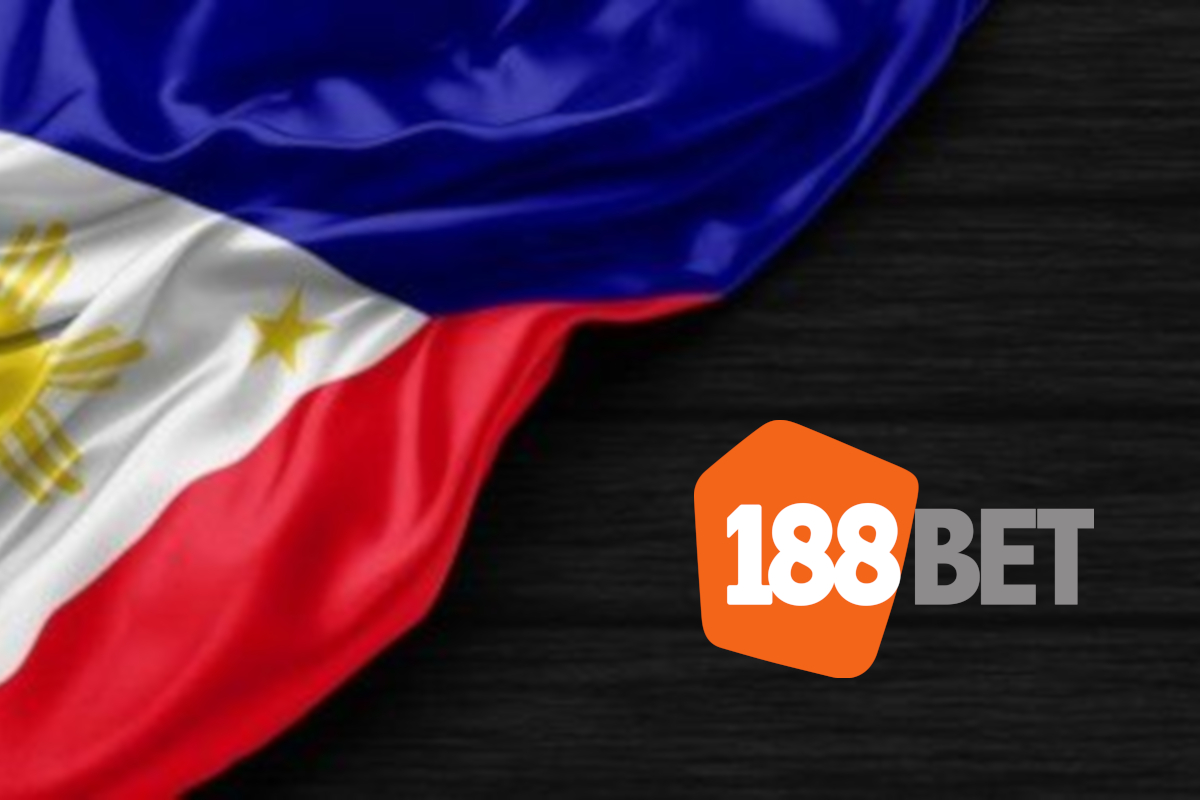

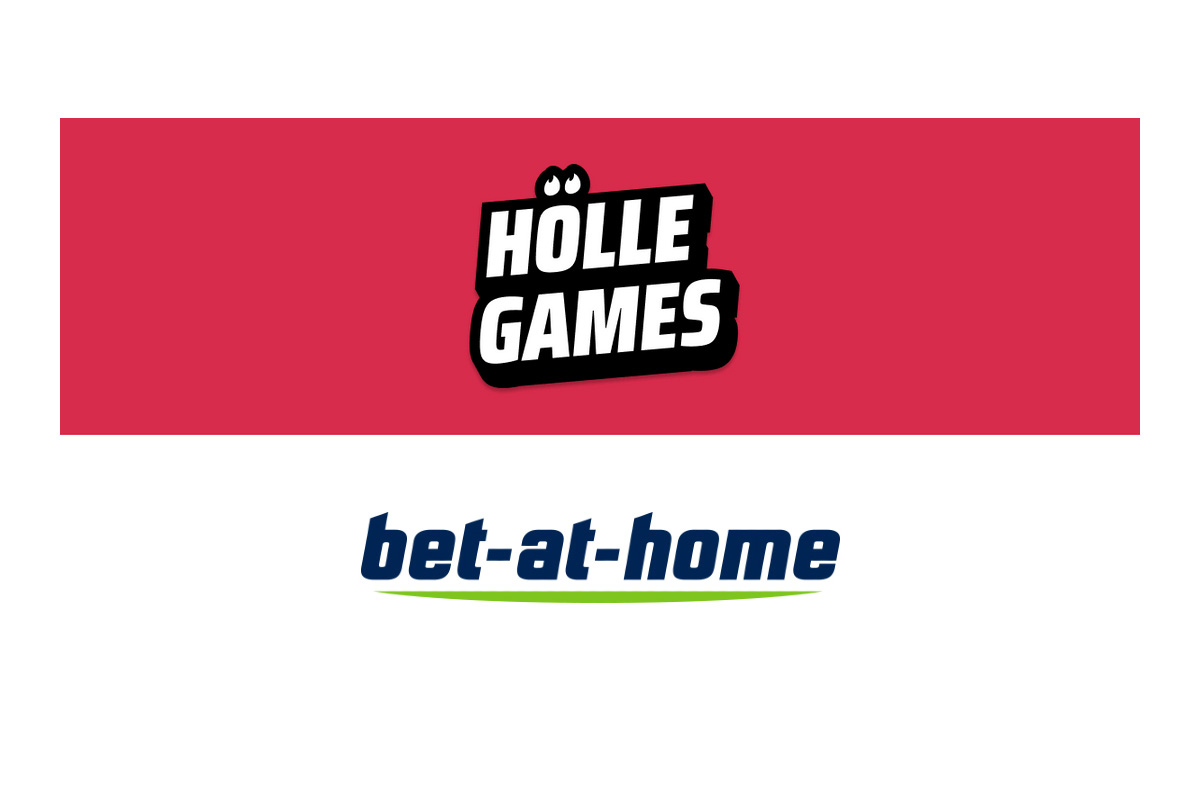
You must be logged in to post a comment Login